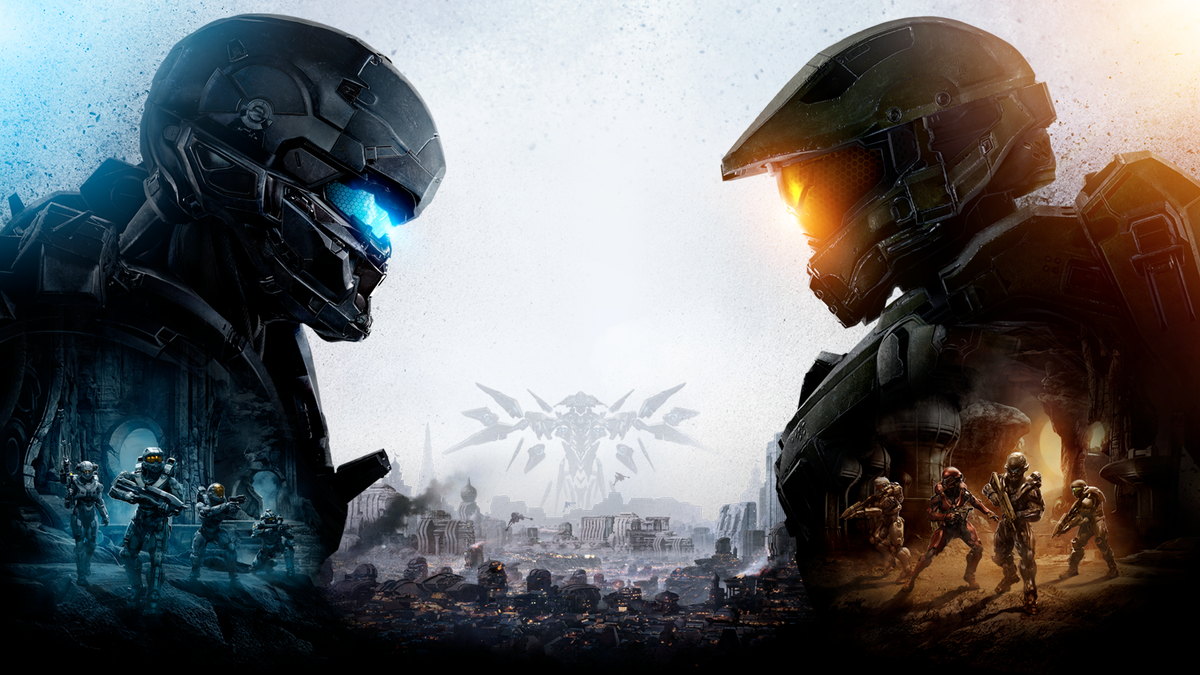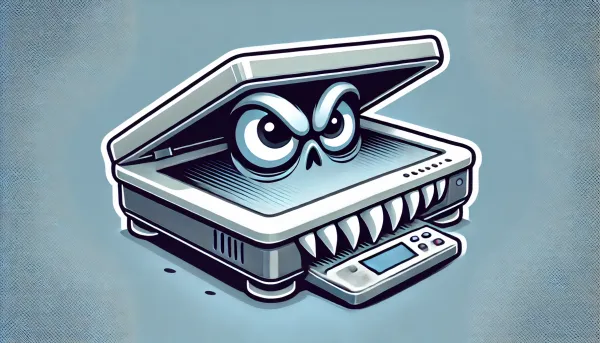How a game like Halo 5 kills empowerment
"Halo 5: Guardians" reveals how lacking agency impacts engagement—players feel powerless, much like employees in workplaces that devalue contributions. Empowerment is key to motivation in both realms.

With 15 years of management experience, most of it in the video game industry, I've discovered the important link between leadership and proper game design. It turns out that video games can teach us a lot about properly managing a team
Videogames can teach us a lot about leadership and management. In particular, the narrative of "Halo 5: Guardians" serves as a fascinating case study for exploring the concept of player agency and engagement, especially in the context of empowerment and how this parallels with employee motivation in the workplace.

"Halo 5: Guardians" introduces players to a universe where the main antagonist wields overwhelming power, including the ability to teleport objects and people at will. This antagonist stands as an omnipotent force, capable of undoing the protagonist's efforts with a mere thought. Additionally, the game presents a secondary antagonist who is immortal, existing in countless numbers, thus rendering any attempt at defeating them seemingly futile. For players, this setup drastically reduces their sense of agency, as their actions appear inconsequential in the grand scheme of the game's narrative. The challenge becomes not just a matter of skill or strategy but an existential question of the protagonist role and influence within the game world.

Drawing parallels to the workplace, the concept of empowerment—or the lack thereof—can significantly impact employee motivation and satisfaction. In many organizations, employees who feel their contributions are undervalued or easily overridden by higher-level decisions may experience a sense of futility similar to that of players navigating the overpowering antagonists of "Halo 5." Just as players might continue to engage with the game purely for the gameplay, employees might find themselves merely going through the motions, detached from the work they do and the goals of the organization.
The critical link between empowerment in video games and in the workplace lies in the concept of agency. Agency, or the ability to make meaningful choices that have visible outcomes, is a fundamental driver of engagement. In "Halo 5," when players perceive that their efforts do not significantly alter the game's outcome, their motivation to engage with the narrative diminishes. Similarly, in the workplace, when employees feel that their input is not valued or fails to effect change, their engagement and motivation to contribute positively can wane.

Empowerment in the workplace is about more than just giving employees tasks to complete; it's about ensuring they feel their work has purpose and impact. This involves providing opportunities for employees to influence decisions, acknowledging their contributions, and fostering an environment where their ideas can lead to tangible changes. Leaders play a crucial role in this process, as they are in a position to create a culture of empowerment. By valuing employee input and providing recognition, leaders can enhance motivation, satisfaction, and ultimately, productivity.
Ultimately, the narrative structure of "Halo 5: Guardians" demonstrates the important relationship between game design and leadership. Proper game design intricately weaves the fabric of player agency and empowerment, demonstrating how these concepts can be translated into the workplace to inspire and motivate employees. It’s about meticulously crafting an experience where employees, akin to players, feel deeply integrated into the story of the organization. They are not just cogs in the machine but heroes in an epic saga, where each task completed and each challenge overcome marks a significant step in their journey of growth and achievement.




